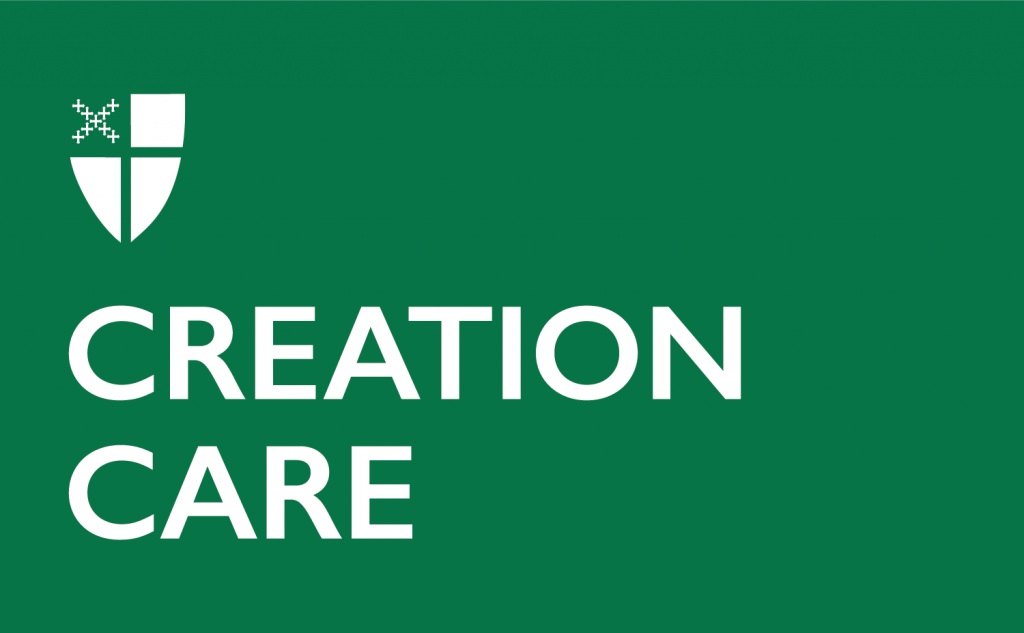Eco-justice Formation: Learnings from Episcopal Young Adult Fellows Program
October 30, 2024
This Zoom event on Oct. 20, 2024 focused on Episcopal formation for eco-justice and climate action, featuring the seven 2024 Episcopal Church Young Adult Eco-Justice Fellows. The fellows shared about their efforts to bring eco-justice to life in dioceses, congregations, and communities.
The 2024 Episcopal Eco-Justice Fellows are:
- Elizabeth Simpson-Falck – Diocese of Chicago
- Kristoff Strachan – Diocese of North Carolina
- Mercy Irivwieri – Diocese of Texas
- Rylie Talmadge – Diocese of South Carolina
- Shane Keefer – Diocese of Pennsylvania
- William Lewis – Diocese of Alabama
- Lori Petrie – Diocese of Chicago
For more information about the Young Adult Eco-Justice Fellows Program, click here.

